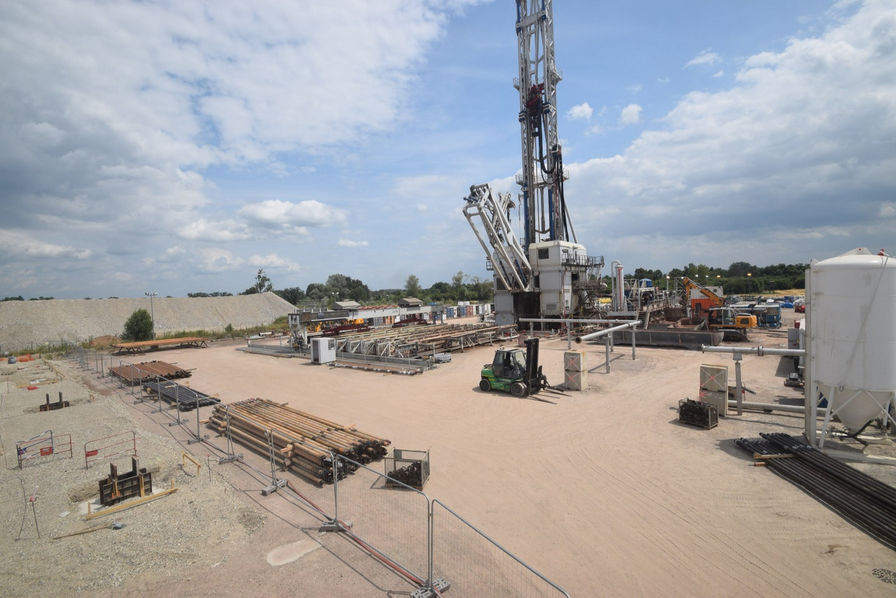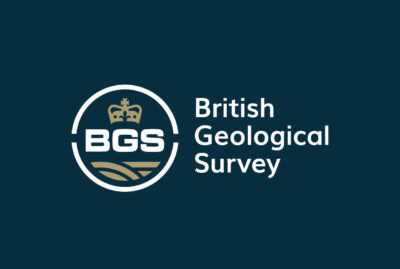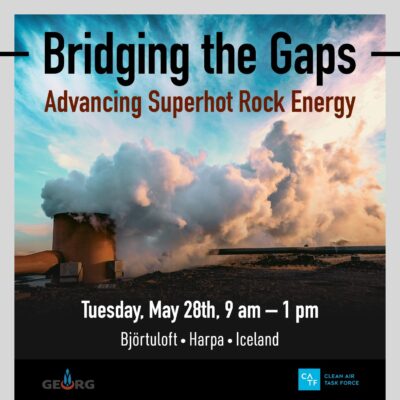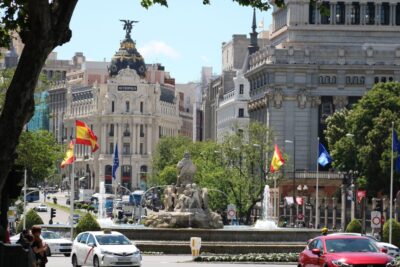City of Strasbourg, France committed to geothermal as key element of heating for the future
While recent earthquakes have temporarily stopped ongoing geothermal projects around the city of Strasbourg, France, the government and the greater city of Strasbourg are committed to continue based on the value proposition as heating source.
With small earthquakes experienced in the region around the city of Strasbourg in the Alsace, France, additional studies were required by developers of geothermal projects in the region. A correlation between geothermal activities and the earthquakes is being assumed. So this week, additional earthquakes of a maximum magnitude of 2.7 on the Richter scale were experienced by local residents on four occasions, so local news.
The city assistant in charge of the ecological transformation of the territory quickly understood the origin of these tremors: deep geothermal energy. Since 2010 and the commission of studies on the subject, the Eurometropolis has embarked on the exploitation of this renewable energy. It is an integral part of his “2050 carbon neutrality plan”, widely supported by political forces.
“The objective of geothermal production is 620 GW hours per year, which should represent a little less than 10% of the consumption of the community of municipalities in thirty years”, summarizes Marc Hoffsess, before giving another figure . “Thanks to that, we could ensure 40% of the heating needs of the greater Eurometropolis of Strasbourg.”
Therefore there is no question about geothermal development to continue. Wells for geothermal projects drill down up to 5,000m to derive hot water from existing faults. “With the depression of the Alsace plain , we have historically had resources in the soil, such as oil for example. Geothermal energy is one of them and is not new in the area, ”insists the deputy, aware nevertheless that the hard knocks are increasing. Especially on the Reichstett-Vendenheim site, about ten kilometers north of Strasbourg.
Already on November 12, 2019, an earthquake with a magnitude of 3.3 on the Richter scale had shaken Strasbourg. As a precautionary measure, the suspension of drilling was ordered everywhere, that is to say also on the sites of the geothermal projects at Illkirch and Eckbolsheim. Until a resumption of tests, not of industrial activity, almost a year later on October 1st. On the same day, the developer Fonroche quickly recognized that the earthquakes were linked to its activity. Before the Bas-Rhin prefecture actually confirmed it.
“Stopping the injection of water into well no. 2 is a phase conducive to the generation of seismic phenomena because it induces pressure variations and rebalancing of internal stresses in the geological compartment”, Fonroche shared in a press release, before specifying that “the continuation of the tracing test is suspended”. From now on, a committee of experts should look into the subject again.
So will there be a recover of activities in the coming months? Marc Hoffsess hopes so, but under certain conditions. “We will be very attentive to reducing technological risks. We can admit microseismicity, it is normal, but it should not be impacting for the inhabitants. We also want the most complete transparency on the file. Local residents’ associations but also naturalists will be involved in the decisions taken. We need the confidence of the people. “So that they vibrate, too, for geothermal energy.
The Upper Rhine region, a border region of Switzerland, Germany and France is known for seismic activities, so while connected now with geothermal activities, the area is known of earthquake activities even prior to drilling activities.
Source: 20minutes


















